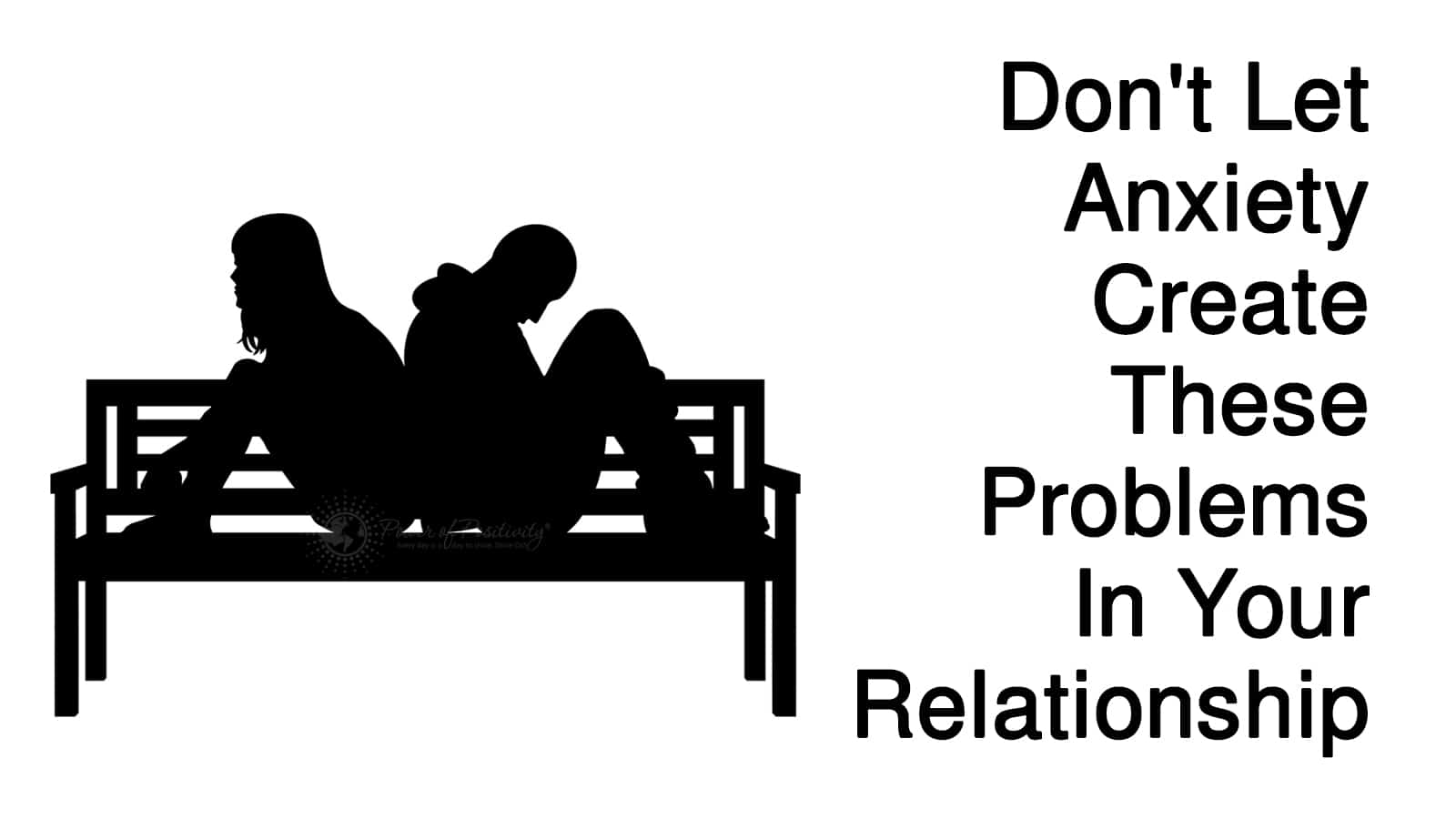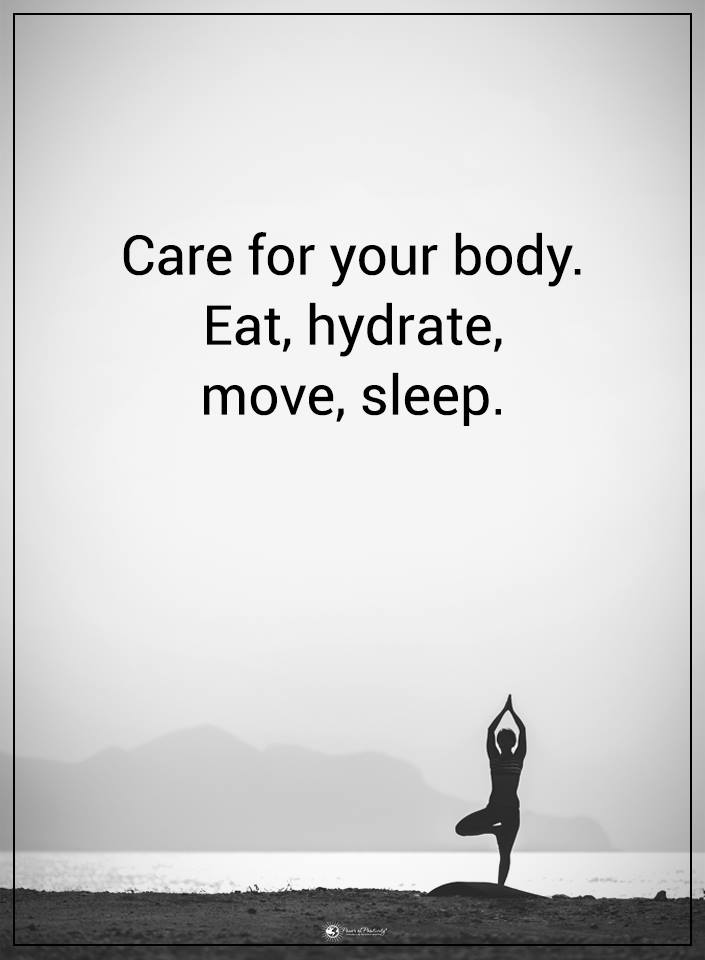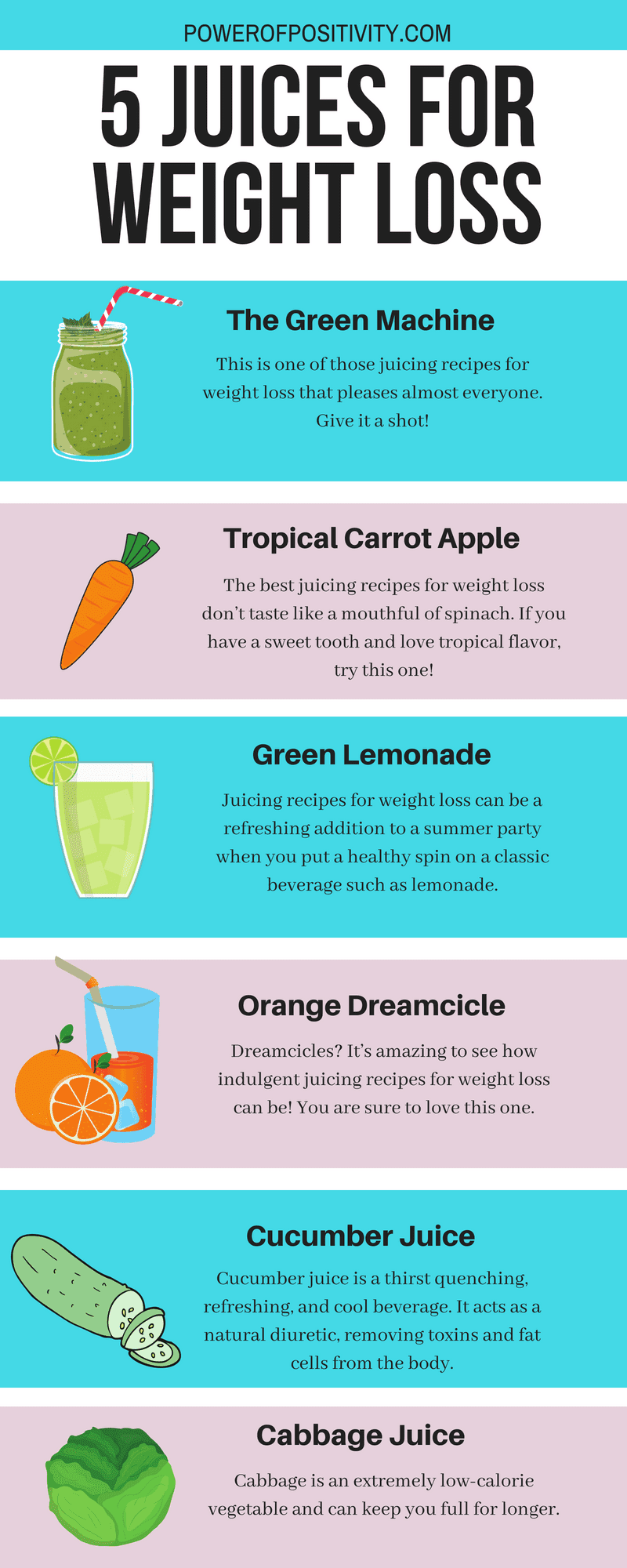Anxiety is an umbrella condition (so named because of its many types) that affects up to 40 percent of U.S. adults and 10 percent of teenagers. In all likelihood, these numbers are applicable across the globe. But why are so many people silently anxious?
“I have anxiety. It feels like every cell in my body is moving so fast that my veins are blurry … It makes everyday tasks, such as making simple decisions, incredibly difficult, it feels like being out of your mind distant from reality … It’s like walking through the streets, but everything’s a blur.” ~ Lan Nguyen Ngoc
“You can never understand.” Sufferers of chronic anxiety will, with 99 percent probability, utter some variance of these four words. You can never understand – in part because THEY can’t understand.
The variations of anxiety include:
– Generalized anxiety disorder (GAD)
– Social anxiety
– Panic disorder
– Post-traumatic stress disorder (PTSD)
– Specific phobias
– Obsessive-compulsive disorder (OCD)
Consider some of these facts about anxiety, courtesy of dosomething.org:
– Despite its high level of treatability through therapy and/or medication, TWO-THIRDS of adults with anxiety DO NOT receive treatment. Teenagers with anxiety receive treatment even less frequently – only 1 in 5 teen sufferers do.
– War veterans are not the ones who suffer from PTSD. Others who commonly experience post-traumatic anxiety, including flashbacks, are survivors of sexual assault, domestic violence, child abuse, accidents, or natural disasters.
– Those who suffer from anxiety are prone to suffering from depression simultaneously.
– Although anxiety disorders can be triggered by extended environmental stress or traumatic life events, ANYONE can be afflicted with this form of mental illness.
While the symptoms of someone diagnosed with anxiety may slightly differ depending on the type, most anxiety sufferers attest to a common set of anxiety symptoms.
With this in mind, here are 4 telltale signs of anxiety, according to researchers:
1. Feelings of Overwhelm Can Make You Anxious
Anxiety tends to be ever-present. Symptoms of anxiety surface no matter what you’re doing or how much you try to suppress them. The underlying reason that anxiety is so overwhelming is that it triggers the brain’s fight-or-flight response, which quickly depletes all of the person’s energy.
The FoF response floods the brain and body with stress hormones such as cortisol and adrenaline. These chemicals can, and often do, distort regular thinking patterns. It is possible for someone to experience momentary paralysis, which has the effect of crippling logical thought.
Physically, anxiety can reek havoc on the body. Severe anxiety (e.g., panic attacks, PTSD) ratchet up these symptoms, which often include: chest pains, dizziness/lightheadedness, nausea, rapid heartbeat, and trouble breathing.
Suggestion from the experts: Find Distractions
When anxiety gets a strong grip, it can be hard to distract oneself. But there are some strategies that prove effective. Try playing a game, calling a friend, reading a book, or doing some controlled breathing. If you’re at work, take a bathroom break or step outside. (Tip: Many workplaces have Employee Assistance Programs, or EAP, that can help connect you with a licensed therapist.)
 2. Depersonalization
2. Depersonalization
Depersonalization can be a scary experience. It occurs when one’s mind seems separate from their physical body. The common symptom that is depersonalization causes some anxiety sufferers to feel as if they’re losing their mind.
Depersonalization occurs when the brain is subjected to constant overactivity. The rumination of anxious thoughts and feelings causes the brain to become overly-aware. This extreme awareness may cause the person to question every single thought or feeling that arises to no avail.
Suggestion from the experts: Be okay with depersonalization.
While depersonalization can be frightening, it isn’t serious or dangerous. When it occurs, don’t attempt to “fight back.” Wait it out, don’t interact, and the thoughts will eventually subside.
3. Insomnia/Trouble Occurs When You Are Anxious
When the brain is in a chronic state of worry, it’s chemical makeup is often changed. Researchers observe that trouble sleeping is one of the first problems to surface.
According to the Anxiety and Depression Association of America (ADAA), 54 percent of adults report “that stress or anxiety increased their anxiety about falling asleep at night.” As mentioned, anxiety symptoms don’t discriminate – they’re as likely to appear during our bedtime as any other time of day.
Suggestion from the experts: There are many recommendations here. Among them: exercise, eat lighter, drink decaffeinated beverages, set (and stick to) a regular bedtime, completely darken the sleeping area, keep a journal, mindfulness, meditation, controlled room temperature, and having a nighttime routine.
4. Focus and Concentration Problems
The chemical changes taking place within the brain during periods of anxiety leave few mental resources (read: energy) for conscious attention. These concentration and focus problems severely affect millions of peoples’ professional and academic lives.
University students, for example – must absorb huge amounts of information, contend with hours of homework, and study for exams – often find out that their anxiety condition depletes them of the brain power needed to get through their program.
Suggestion from the experts: Take advantage of corporate and college/university mental health programs. At the very minimum, talking to a psychologist or other expert will help alleviate some of the built-up stress.











